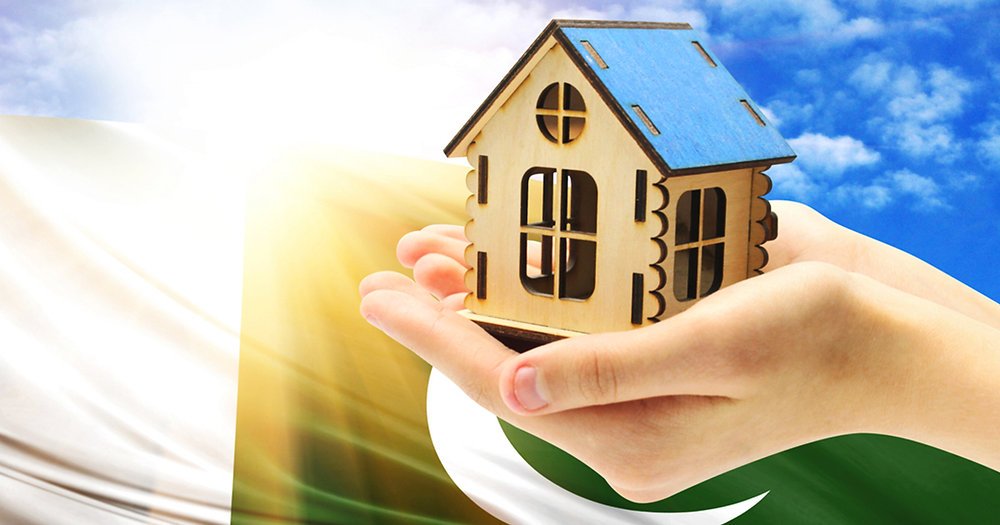The real estate market in Pakistan is grappling with significant economic challenges, including high construction costs and diminishing purchasing power, which have dampened demand in the mid to high-end property segments and slowed market activities in major cities.
This is according to a research report by the House Building Finance Company Limited (HBFC).
Historically, currency devaluation has made real estate an attractive option for overseas Pakistanis and foreign investors, potentially driving up prices in specific segments. However, this year, the Pakistani Rupee has remained largely stable against major currencies, impacting real estate prices.
Additionally, the State Bank of Pakistan’s decision to raise the policy rate to 22 percent in 2023, amid rising inflation, has made mortgages more expensive, further slowing market activity. Economic uncertainty has led to cautious investor sentiment, with many adopting a ‘wait-and-see’ approach before making significant investments.
The real estate market stands at a crossroads, with recent tax reforms poised to reshape the sector significantly.
The 2024-25 fiscal budget introduces major changes to Pakistan’s real estate taxation framework, aiming to increase revenue, curb market speculation, and promote transparency. Key reforms include the elimination of the holding period concept for properties acquired on or after July 1, 2024. A flat 15 percent capital gains tax (CGT) now applies to Active Taxpayers List (ATL) filers, while non-ATL filers face higher progressive rates.
For properties sold within a year, a 15 percent CGT is imposed, with lower rates for longer holding periods depending on property type. Rental income tax has been standardized across all taxpayer categories, based on net income after allowable deductions.
Additional reforms include a 50 percent reduction in stamp duty for affordable housing transactions and property tax exemptions, with full exemption for units valued up to Rs. 2.5 million and a 50 percent reduction for properties valued between Rs. 2.5-5 million.
Withholding tax has been adjusted, reducing it from 2 percent to 1 percent for properties held over three years, and eliminating it for those held more than 10 years.
To encourage sustainable building practices, the budget offers up to a 10 percent tax rebate for green projects meeting LEED certification standards and developer tax credits up to 15 percent of project costs for affordable housing developments.
Real Estate Investment Trusts (REITs) benefit from tax-exempt dividend income and a reduced corporate tax rate of 15 percent. Additionally, land transfer tax has been reduced by 25 percent for properties transferred among family members.
These reforms aim to stimulate growth in the real estate sector, encourage long-term investment, and support sustainable development. However, the full impact of these changes on market dynamics remains to be seen.
Pakistan’s property tax rates range from 0.15 percent to 0.75 percent of property value, with the Capital Value Tax (CVT) set at 2 percent on property value for filers. The capital gains tax on property is 15 percent for filers and 45 percent for non-filers.
Stamp duty on property transactions ranges from 2 percent to 5 percent of property value or circle rate, and the registration fee for property transactions ranges from 0.25 percent to 1 percent of property value, depending on the province.
This additional cost on property transactions could put Pakistan at a competitive disadvantage in attracting real estate investment. The CVT, combined with other property-related taxes and fees, increases the overall expense of property dealings in Pakistan.
While Pakistan’s property taxation system offers competitive property tax rates, its capital gains tax structure is less favorable, especially for non-filers. Despite advantages in certain tax categories, multi-layered property taxation may reduce its attractiveness for real estate investment compared to some neighboring countries.










